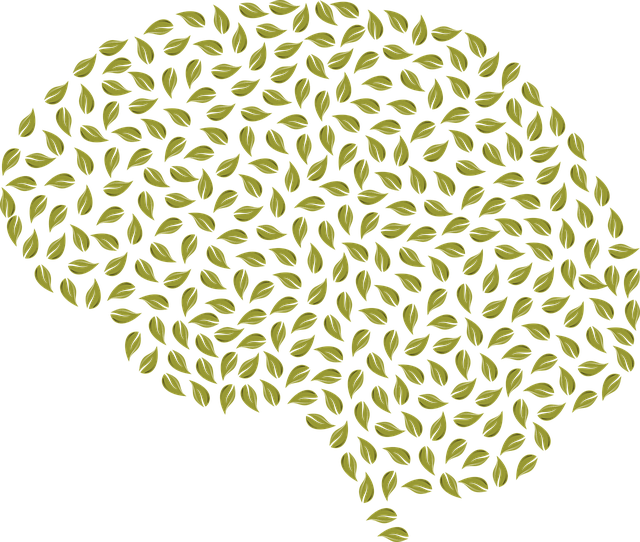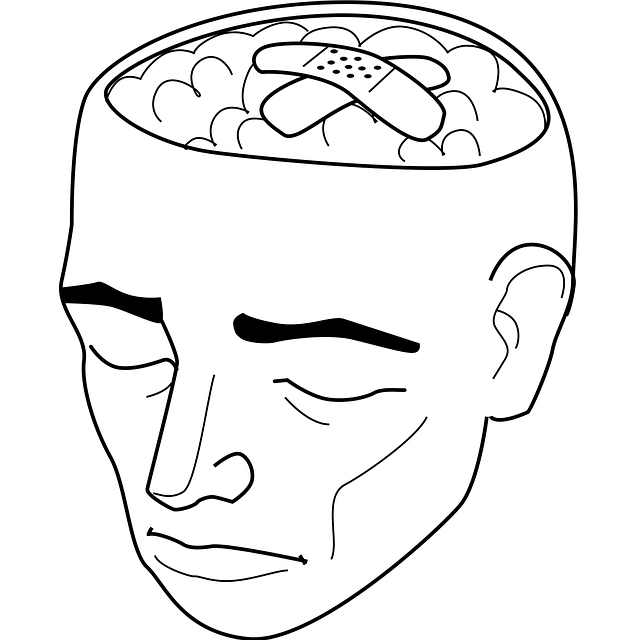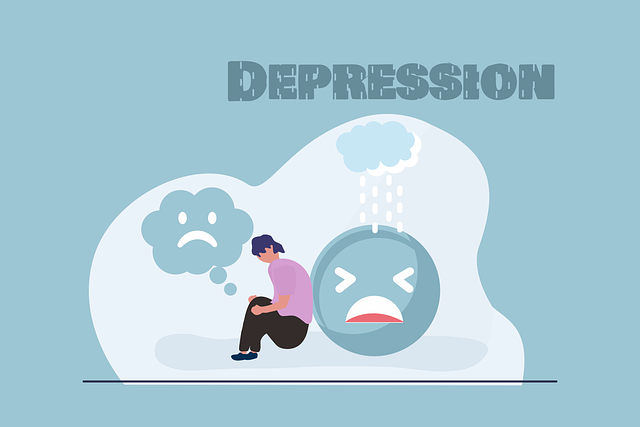Broomfield Children's Therapy offers a revolutionary approach to diagnosing youth mental illness, combining holistic assessment, diverse therapy techniques, and burnout prevention strategies. Through cultural competency training, self-awareness exercises, and effective communication, they enhance diagnostic accuracy, improve outcomes, and promote clients' overall well-being.
Mental illness diagnosis accuracy is a critical aspect of patient care, yet it remains challenging due to the complexity and variability of symptoms. This article explores strategies aimed at enhancing diagnostic precision, focusing on innovative approaches like Broomfield Children’s Therapy, which offers novel insights into improving mental health assessments for young individuals.
We delve into the complexities of diagnosis, examine case studies, and present practical tools to navigate these challenges, ultimately fostering more effective treatment plans.
- Understanding the Challenges: Uncovering the Complexities of Mental Illness Diagnosis
- Broomfield Children's Therapy: A Novel Approach to Enhancing Diagnostic Accuracy
- Strategies for Improvement: Tools and Techniques for More Precise Diagnoses
Understanding the Challenges: Uncovering the Complexities of Mental Illness Diagnosis

Mental illness diagnosis is a complex process, often shrouded in challenges that can impact accuracy. At Broomfield Children Therapy, we recognize that understanding the intricacies of mental health conditions is paramount to delivering effective treatment. Each individual’s experience with mental illness is unique, shaped by a myriad of factors such as genetics, environment, and life experiences. This complexity poses significant hurdles for healthcare professionals, making accurate diagnosis a nuanced art.
Symptoms can be subtle or manifest in unexpected ways, leading to misdiagnosis or delayed treatment. Furthermore, the dynamic nature of mental health means that conditions can change over time, complicating the process further. At Broomfield Children Therapy, our approach involves not only identifying the present condition but also understanding its underlying causes and contributing factors. We believe in empowering individuals with coping skills development and anxiety relief techniques to promote better mood management, ultimately enhancing diagnostic accuracy and treatment outcomes.
Broomfield Children's Therapy: A Novel Approach to Enhancing Diagnostic Accuracy

Broomfield Children’s Therapy offers a novel approach to enhancing mental illness diagnostic accuracy, particularly in young individuals. This innovative model prioritizes a holistic assessment, incorporating various therapeutic techniques and advanced evaluation methods. By focusing on not just symptoms but also underlying causes, this therapy aims to improve self-esteem and overall well-being while ensuring healthcare providers are equipped with burnout prevention strategies. The approach also emphasizes the importance of stress reduction methods, addressing the complex interplay between mental health and daily stressors.
Through dynamic interventions tailored to each child’s unique needs, Broomfield Children’s Therapy seeks to not only diagnose but also support the transformative process of recovery. By fostering an environment that encourages open communication and explores diverse therapeutic avenues, this novel approach holds promise for enhancing diagnostic accuracy and promoting positive outcomes in pediatric mental health care.
Strategies for Improvement: Tools and Techniques for More Precise Diagnoses

Mental health professionals at Broomfield Children Therapy are at the forefront of a vital mission to enhance diagnosis accuracy. This involves a multifaceted approach that leverages cutting-edge tools and techniques. One key strategy is integrating Healthcare Provider Cultural Competency Training, which equips practitioners with insights into diverse cultural backgrounds, fostering more nuanced and accurate assessments.
Furthermore, Self-Awareness Exercises play a critical role in promoting introspection among therapists. By enhancing their self-awareness, professionals can better recognize subtleties in client presentations, improve diagnostic precision, and tailor interventions accordingly. Additionally, implementing effective Communication Strategies is essential for building trust and open dialogue with clients. Through active listening, clear explanations of assessment findings, and collaborative decision-making, mental health providers can ensure that diagnoses are not only accurate but also well-communicated and understood by those they serve.
Mental illness diagnosis accuracy has long been a complex challenge, but with innovative approaches like Broomfield Children’s Therapy and effective strategies, we can significantly improve diagnostic processes. By integrating these techniques into mental health practices, we move closer to ensuring precise and timely diagnoses, ultimately fostering better patient outcomes. This progress is crucial in navigating the intricate landscape of mental illness and providing tailored support to those who need it most.













